WEF_FABI
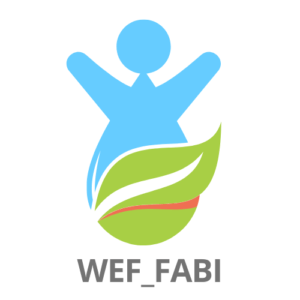
The protective function of a UBI against ecological and social vulnerability
The Water-Energy-Food Nexus & Foreign Aid Basic Income Team (WEF_FABI) is investigating to what extent the introduction of a UBI can contribute to strengthening the resilience of social and ecological systems in developing countries. WEF_FABI will investigate, for instance, how communities threatened by land grabbing and climate damage (deforestation, resource exploitation) could be protected from ecological and social vulnerability by the introduction of a UBI. The goal is therefore to better understand the interdependencies between the WEF nexus and the UBI.
The UBI as an instrument of development aid
By introducing a UBI, communities shall become so resilient that they no longer need to have their basic income externally financed in the long run (FABI), but become able to finance it on their own tax bases (self-financed UBI). FABI (cf. Bernhard Neumärker’s concept of “Foreign Aid Basic Income”) then has the effect of a cash-oriented development aid. It will therefore be examined to what extent a basic income can be used as an effective instrument of development aid and what requirements such a context of application places on a basic income mechanism.
WEF_FABI received start-up funding from the FRIAS
WEF_FABI received start-up funding from FRIAS (Freiburg Institute for Advanced Studies), which is designed, among other things, to promote and internationalize cutting-edge research at the University of Freiburg.
Since 2023, WEF-FABi has been a cooperative project between the University of Namibia and FRIBIS / UNI Freiburg.
Research Team
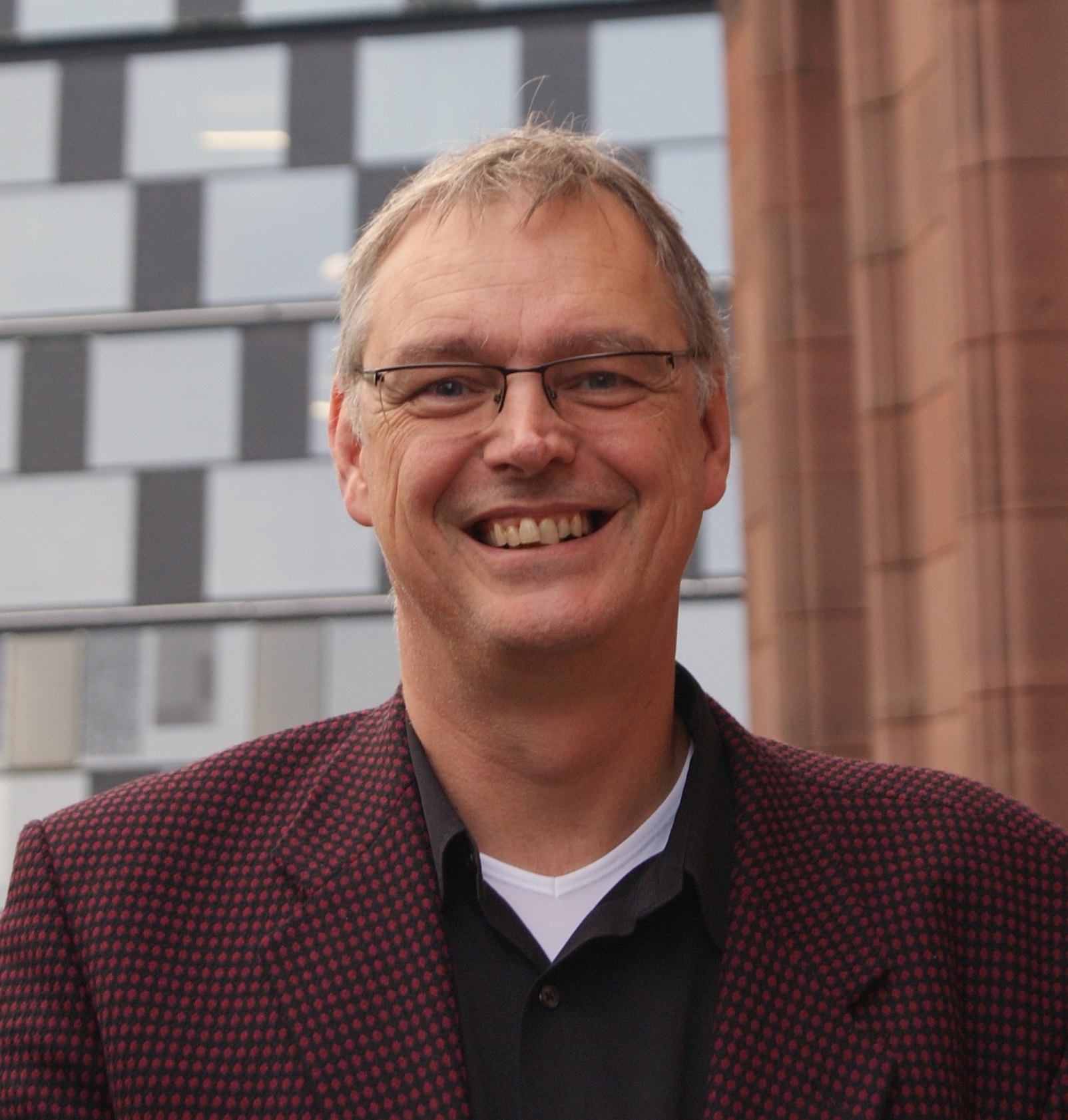
Prof. Dr. Bernhard Neumärker
is head of FRIBIS, professor of Economic Policy (Götz Werner Chair) and director of the Department of Economic Policy and Constitutional Economic Theory at the University of Freiburg. Apart from that, he is also founder of the Basic Income Research Group (BIRG) at Freiburg University. He has been working for many years on questions of social justice, social conflict and state reform from a constitutional perspective. Recently, he has been applying his concepts of “New Ordoliberalism” (recently also called “Progressive Ordoliberalism”) and “Social Sustainability”, which are based on these questions, to the UBI. His contribution to the Water-Energy-Food [WEF] and Foreign-Aid-Basic-Income [FABI] team lies in linking environmental and social sustainability through the implementation of an equitable, sustainable, and resilient social development contract. To this end, he and his team will examine experiments with social FABI contracts in Namibia. The main objective is to find an appropriate governance structure for FABI.

Prof. Dr. Michael Jacobson
is a professor of forest resources in the Department of Ecosystem Science and Management at Penn State University (USA). He carries out extension, research and teaching programs that promote sustainable management of forests and other natural resources. Core activities and interests include forest economics and finance, agroforestry, bioenergy and water-energy-food nexus. He has a significant presence in international activities and teaches forest economics, international forestry, and agroforestry.
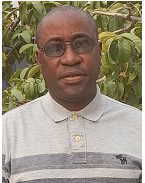
Dr. Adalbertus F. Kamanzi
was born in Bukoba, Tanzania, September 1970. He holds a BA in Ethics and Development Studies (2000) and an MA in Development Studies (2001), both from the Uganda Martyrs University, Nkozi, Uganda. He holds a PhD in Development Studies from Radboud University, Nijmegen, the Netherlands (2007). He has worked as a researcher and lecturer at Uganda Martyrs University, the University of Dodoma, and as a senior researcher at the Institute of Rural Development Planning, and as a Visiting and Associate Professor at the Nexus International University. He is currently coordinator of the MA programme in Development Studies at Oshakati Campus, University of Namibia. His research interests and publications include gender issues, e-technologies for development, decoloniality, Ubuntu, and leadership creativity. He uses both qualitative and quantitative approaches. Much as he is a social anthropologist, he has found himself in good scientific company with economists. Over time, he has developed a passion in writing motivational books; he believes that demotivation demotes people’s livelihoods promotion.
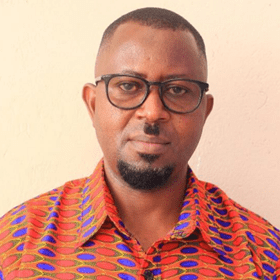
Dr. Lukas Matati Josua
is a Senior Lecturer in the Department of Higher Education and Lifelong Learning at the University of Namibia (Namibia). He facilitates the Postgraduate Diploma in Higher Education (PDHE). His interest expands into social justice and inclusive development while his research interests cover issues of teaching, assessment, learning, curriculum development, quality assurance, student supervision, use of technology in higher education setting, educational management and leadership, decolonization of the higher education setting.
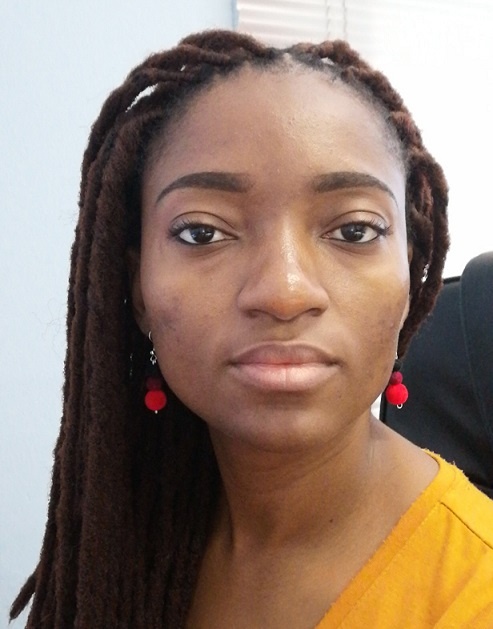
Hedvig Mendonca
is a Ph.D. candidate at the Cape Peninsula University of Technology and a lecturer in the computing department at the University of Namibia. She specializes in information systems, business computing, and service design. Her current study is focused on technology to provide equitable access to Justice system services in rural areas. Research interest are include e-technologies for development, service design, mobile technology, health informatics, gender issues, HCI and UX using both qualitative and quantitative approaches, she is also highly interested in equipping young people with self-leadership skills in order to bring about societal transformation.
FRIBIS Team Coordinator
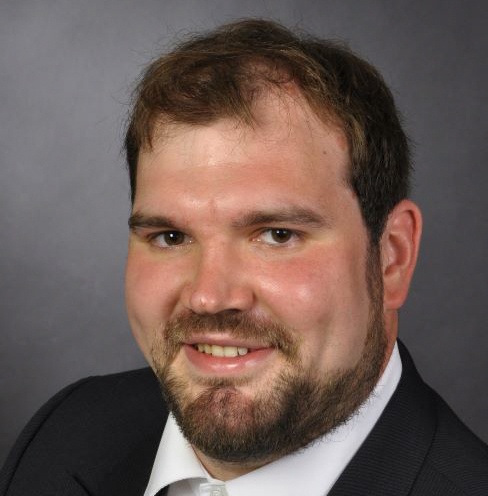
Tobias Jäger
studied economics at the University of Freiburg. In his dissertation, he examines basic income in developing countries and deals with the question of what effects the introduction of a basic income in developing countries could have from a conflict-economics perspective.
Lives in Freiburg, Germany
Contact: tobias.jaeger@fribis.uni-freiburg.de
Transfer Team
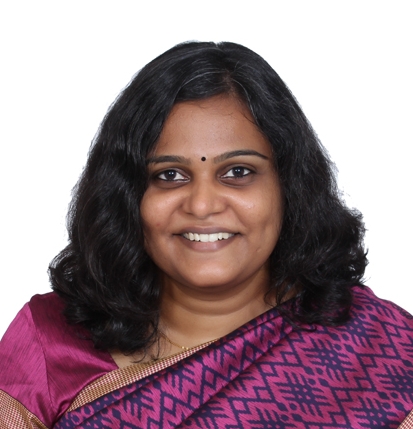
Rejitha Nair
is a Lawyer, Researcher and Human Rights Trainer from Gujarat, India. She is a Doctoral candidate at National Academy of Legal Studies and Research (NALSAR), University of Law, Hyderabad and has worked as an Assistant Professor for over six years, teaching human rights and legal theory at Nirma University, Ahmedabad. Her interest lies in understanding the relationship between legal institutions and poverty, focusing majorly on Social Welfare Legislations and Land Laws. In her thesis she is examining whether the law and processes governing technology enabled Direct Benefit transfers in India are tools for empowerment or instruments for exclusion.
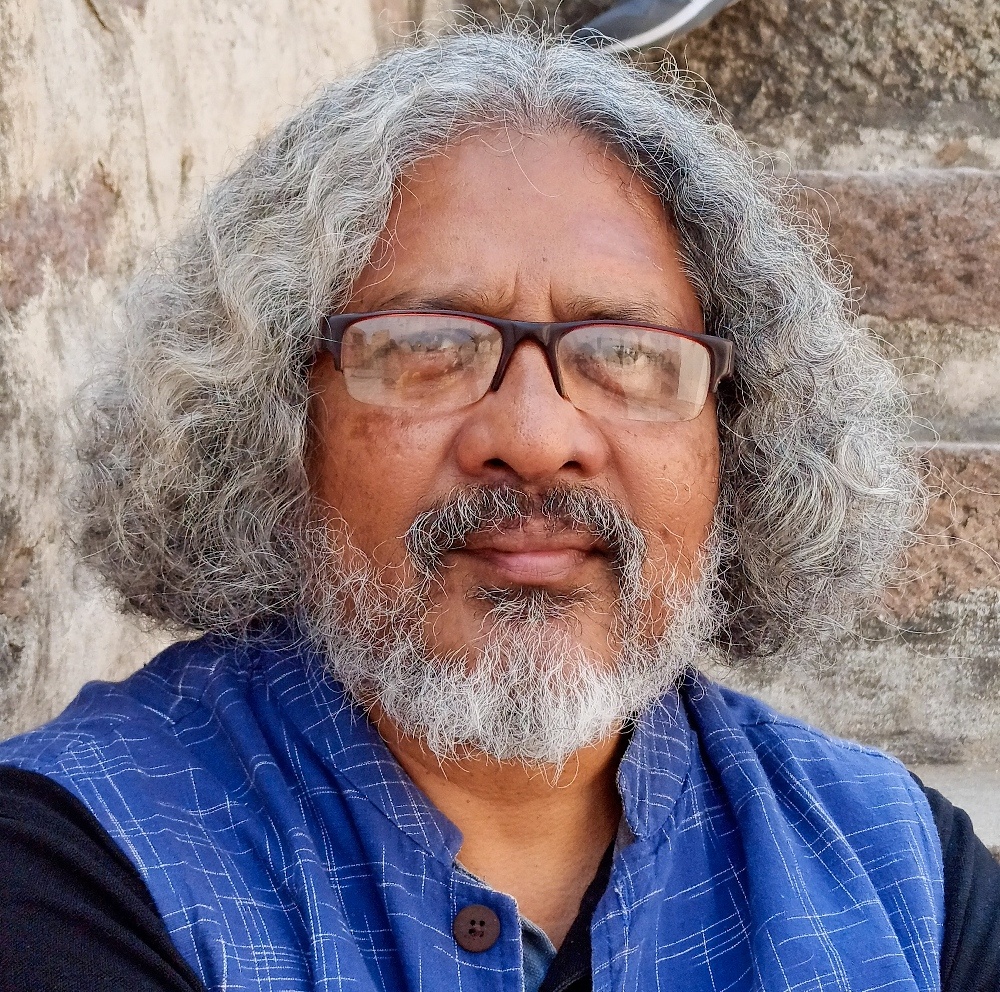
Dr. Sarath Davala
is a Lawyer, Researcher and Human Rights Trainer from Gujarat, India. She is a Doctoral candidate at National Academy of Legal Studies and Research (NALSAR), University of Law, Hyderabad and has worked as an Assistant Professor for over six years, teaching human rights and legal theory at Nirma University, Ahmedabad. Her interest lies in understanding the relationship between legal institutions and poverty, focusing majorly on Social Welfare Legislations and Land Laws. In her thesis she is examining whether the law and processes governing technology enabled Direct Benefit transfers in India are tools for empowerment or instruments for exclusion.